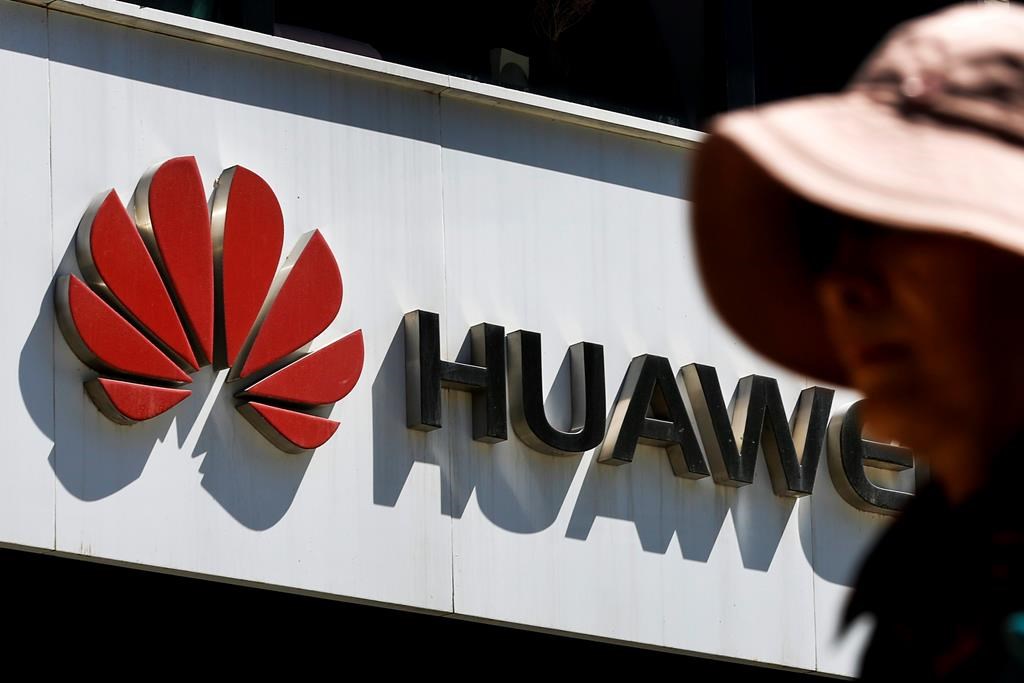The chairman of Huawei said Friday the Chinese tech giant has yet to see any benefit from President Donald Trump’s promise to allow U.S. companies to sell some components to the company and called on Washington to remove it from a security blacklist.

The “unjust and unfair” decision to add Huawei Technologies Ltd., the biggest maker of network equipment for phone companies, to a list that restricts exports is hurting its U.S. suppliers and global customers, Liang Hua told a news conference.
American officials accuse Huawei of facilitating Chinese spying, a charge the company denies, and see it as a growing competitor to U.S. technology industries. Its founder, Ren Zhengfei, said in June the company has cut sales forecasts by $30 billion over the next two years due to curbs on access to U.S. chips and other components.
WATCH: Kudlow says Trump ‘not backing off’ on Huawei as security threat

Trump promised last month to allow some sales to Huawei but said it will stay on the “entity list” until talks over Washington’s tariff war with Beijing are concluded.

Get daily National news
“So far we haven’t seen any tangible change,” Liang said.
“We’re not saying that just because things have relaxed a little, we’re fine with being on the blacklist,” he said. “Actually, we believe our listing on the blacklist should be lifted completely.”
Despite the U.S. export restrictions, Huawei revenue grew in the first half of this year, Liang said. He declined to give details ahead of the release of financial results later this month.
Trump’s export curbs are a blow to U.S. suppliers of chips and other technology for which Huawei is one of the biggest buyers.
Huawei reported earlier that its sales rose 19.5 per cent last year over 2017 to 721.2 billion ($105.2 billion). The company’s founder, Ren Zhengfei, had said he expected sales to rise 30 per cent this year, but those plans were derailed by Trump’s export curbs.
Liang said Huawei is deciding how to respond to possible loss of access to Google’s Android operating system for its mobile phones under Trump’s curbs. Huawei, the No. 2 global smartphone brand after Samsung, has developed its own operating system, Hongmeng, but has said so far it has no plans to use it on phones.
WATCH: U.S. government eases restrictions on Huawei

“The open Android operating system and ecosystem is still our first choice,” Liang said. “Of course, if America doesn’t let us use it, then might we in the future develop our own Hongmeng as our cellphone operating system? We still haven’t decided yet.”
Huawei also is developing its own chips and other technology, which would reduce the amount it spends on U.S. components and help insulate the company against possible supply disruptions. Huawei announced plans in January for a next-generation smartphone based on its own chips.
WATCH: Trump says trade talks will resume with China following meeting with Xi Jinping

Washington will allow Huawei to license “commodity chip sets” and widely available software and tools so long as they don’t pose a risk to U.S. national security or foreign policy interests, the top American diplomat for cybersecurity, Robert Strayer, told reporters on Thursday.
Strayer said Washington wants to avoid hurting U.S. suppliers of materials that are available from other vendors.
“Our companies should not be at a disadvantage to others that are already selling to Huawei,” he said.







Comments
Want to discuss? Please read our Commenting Policy first.